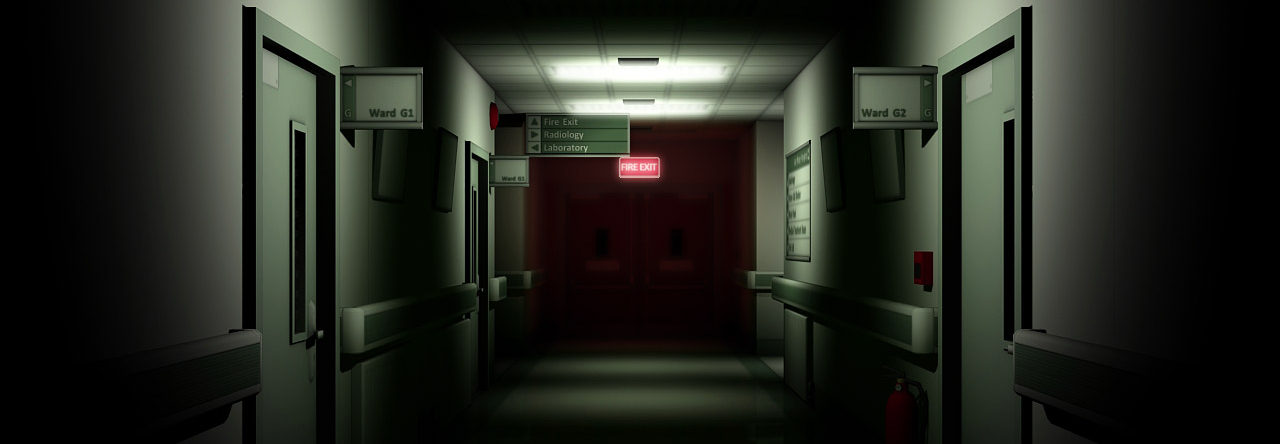
Well, that was pleasant/unpleasant. The castle needed a new roof, and it is fixed and makes the place look at least 500 years younger (it has made it less drafty, which needs to be fixed). Memorial Day here was soggy and uneventful, even the hospital was quiet with a low census. It is one of those times when you keep waiting for the other shoe to drop and the have the patient flood gate open, alas, that did not happen.
Like the castle, I have been thinking about recovery. Not because I need it, but because I continue to wonder if we are really committed to recovery.
I posted a TED talk to the Facebook page. While I know the presenter is still trying to overcome some nastiness in his past with an article, he did for the Independent in Great Britain. I think that he makes some valid points, not the only points, and indeed not the whole picture, but valid points.
There is a stigma towards addiction that gets carried to the point of absurdity.
We have a legal system that has nothing better than to charge someone with a crime that prevents things like getting any legitimate job or housing. Incarcerates them with little or no support provided to them as they withdraw into forced sobriety, and essentially paints a scarlet letter on their back. A requirement for help once convicted, but this system is so overwhelmed and is just an assembly line. An assembly line where a cookie cutter treatment is applied and the “addict” is given the script of what to say, given a graduation certificate and sent on their way.
Even substance use organizations unknowingly assist with the stigma. Insisting that labeling someone as an alcoholic and admitting they are powerless of their own situation or for that matter the magical thinking that somehow a spiritual being of some kind is going to descend upon them and magic them better. Insisting that this state of “sobriety” be achieved which is abstinence from all substances, but we know sobriety itself is crap.
Ok, I know I am very cynical here, but we must understand that everyone is capable of being able to handle themselves, they are just unsupported. Wait, Nursie poo, there are plenty of treatment programs out there, they support the “addict.” They do, and they don’t. They do help by getting counseling and therapy they may need as well as medical treatment. Often substance use begins with self-medication and stays because, hey it works. Sometimes better than all the medication that we as providers can throw at them. Is it the best route? Tough to argue because you are mostly fighting the condition with one chemical or the other. Some may not be the best alternative because they end up on the wrong side of the law.
We need to allow medication-assisted therapy (MAT) to help (which we do) and encourage it. I know narcotics anonymous and other “abstinence only” groups (why does abstinence always fail? Ask yourself that) are firmly against a treatment like buprenorphine because it is not sobriety and is substituting one substance for another. As Colonel Potter once put it, “Horse Hockey.” This is a much more medically sound way of dealing with this.
Like the TED talk said. The immediate response to substance abuse is to get that person “going again.” Kind of like a GPS if you overshoot your turn (you go 500 feet and make a u-turn and go back to course). The GPS doesn’t throw its electronic hands up and say, “screw you find it yourself. My GPS is in therapy as are many of ours, I am sure. However, trusty as it is, it recalculates and sends you back to course, the best way possible with not so much as a “no that’s not the right way.”
Let’s get these folks with problems back to employment, keep them housed, and help them move forward. Regardless of whether we spend months of treatment or not. Portugal adopted a less punitive approach and focused on spending the money for enforcement and incarceration on focusing on those with the problem. It works; overdoses down 50%, addiction rates down. We are clearly not on the correct course; I can tell you what I know doesn’t work, locking someone up.
Providers and front-line staff like with other controversial topics, we owe people who have substance use issues one thing, support. By saying, how can I support you? Not talking over them, listening. No advice first, listening first. No judgment. No recommending a “program” because it helped uncle Fred. Just be present and respond as they request. Being this type of support is far and away better than Karen who stands with her hands on her hips and tells the alcoholic, “You just need to go to AA because it helped my uncle Fred.” Maybe it will, perhaps this person doesn’t have a spirituality. AA is not for you then.
Above all, we all fuck up. Seriously we do. Sometimes we burn the pot roast and sometimes we near overdose on heroin. Both are mistakes and have different consequences. We don’t treat burning the roast with an intervention (ok well maybe at the castle we do…I’m kidding) or cooking rehab. We gently listen and help lift that person up. Failure in any form is real. We need to do that with all mistakes (well except white after Labor Day, that shit is just whacked).
What we need is something like Portugal, where the government and top scientists collaborated to research the problem and find a common direction forward. Guess what, it worked. We have to find that here, or we will just continue to incarcerate 25% of our population. What a waste.

